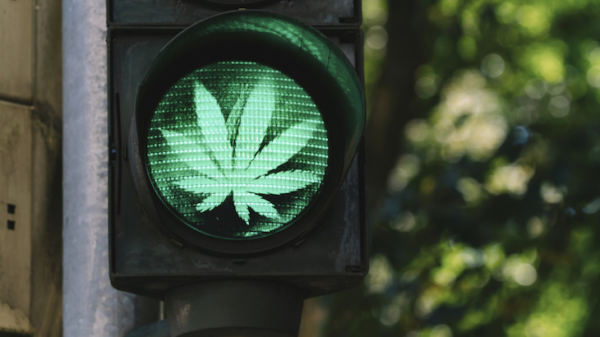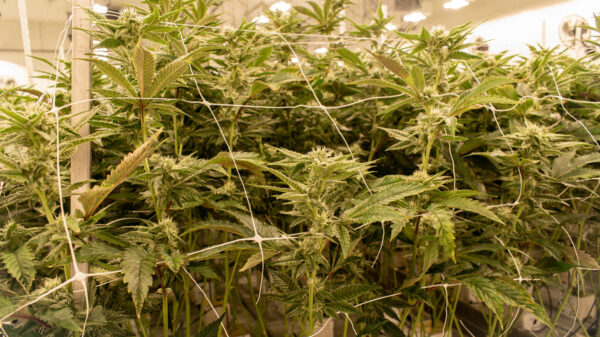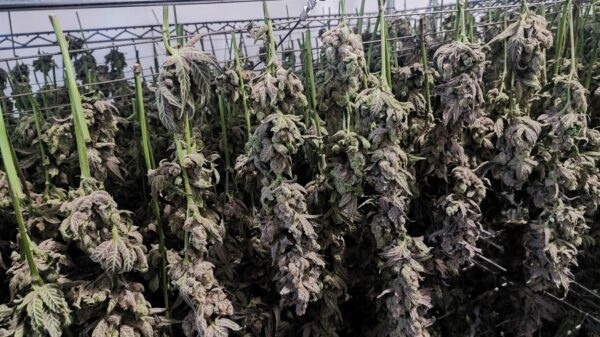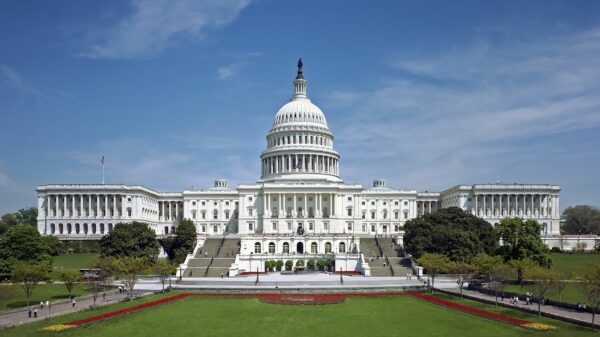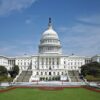New research is confirming past findings that cannabis consumption among youth doesn’t increase when jurisdictions legalize the plant, but the study comes from a lobbying group with membership including big tobacco and alcohol firms.
The paper was released on Wednesday by the Coalition for Cannabis Policy, Education and Regulation (CPEAR) with the intention of influencing policy related to pot reform.
Tobacco giant Altria, as well as major beverage corporations Molson Coors Beverage Company (NYSE: TAP) and Constellation Brands, Inc. (NYSE: STZ) are members of the coalition.
When CPEAR launched a year ago, advocacy groups Drug Policy Alliance and NORML both released statements expressing concerns related to those industries’ history of predatory marketing to low-income communities of colour, and their attempts to silence pro-health regulations.
Data from the paper show cannabis consumption in youth either goes down or stays the same in regulated cannabis markets. Its authors state that under government guidance, access to research and increased exposure to community-driven, science-based after school programming, cannabis use among youth decreases and prevents uptake at an early age.
The paper projects that youth access most likely declines in regulated markets as the illicit market shrinks in size.
Read more: Red flags raised over big tobacco and alcohol influencing pot policy
Read more: Youth cannabis use unchanged post-legalization: Canadian study
“Over 100 million Americans live in a state with legalized, adult-use cannabis – but what we should consider is what that means for our nation’s youth,” CPEAR executive director Andrew Freedman says in a statement.
“This research highlights how preventing youth from using cannabis requires local communities and stakeholders to be at the forefront of this effort,” he continues. “It further outlines the need for congressional action to build a federal cannabis framework rooted in data, correct the current patchwork of cannabis laws, and build preventative measures into place to protect America’s youth from cannabis misuse.”
Formerly, Freedman was Colorado’s cannabis czar, tasked with leading the implementation of one of the world’s first legal weed markets.
As more U.S. states have legalized adult-use and medical cannabis markets over the past two decades, data show that use among high school-aged children hasn’t risen over that period of time.

Chart via ‘Addressing Youth and Cannabis: Solutions to combat and prevent youth misuse through a federal regulatory system’. Data source: Monitoring the Future
On the other hand, the report notes cannabis-related harms have been on the rise.
“Unfortunately, a growing number of studies suggest that state legalized cannabis increases youth cannabis-related harms such as [cannabis use disorder], cannabis-related hospitalizations and driving under the influence of cannabis,” reads the paper.
The document suggests a number of policy levers. The first relates to education-based prevention efforts in young adults that are based on education and integration in communities.
“Effective prevention programs fundamentally shift perceived norms surrounding cannabis use, enhance important psychosocial skills, integrate community-wide efforts, or engage in all of the above.”
Approaches that emphasize broad skill development are more likely to lead to better prevention outcomes, the report continues.
Another policy lever advocates for equitable approaches to prevention, as youth of colour are more likely to face allegations related to use, which can further marginalize these groups by increasing future risk of involvement in the criminal justice system.
The authors note a lack of mental health screening in the context of underage violations.
nick@mugglehead.com







